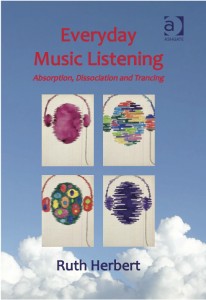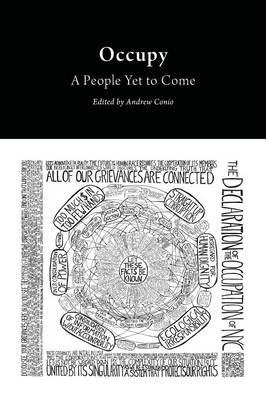Following the continued success of her book Everyday Music Listening: Absorption, Dissociation and Trancing, (to be reissued in paperback next year), Associate Lecturer in Music Performance at School of Music and Fine, Dr Ruth Herbert, has been invited to give a guest lecture on the topic of ‘ubiquitous listening’ at the University of Leiden, the oldest University in the Netherlands (founded 1575), early in October.
Says, Dr Herbert, “A music psychologist and performer, “The lecture is part of a Music and Society module that asks some pretty big musical questions. What makes music so important in our contemporary society? What is the role, the function, and the position of music in our everyday lives? That’s very much the territory of my book. The digitization of music has allowed people to seamlessly interweave music into all aspects of daily life. Young people especially use music as an extension of self – to experiment with identity and mediate subjective experience in all sorts of ways – from mood control to totally cutting off (dissociating) from self, activity or situation.”
Dr Herbert’s work focuses on the subjective experience of music in daily life, and the transformations of consciousness that may occur in conjunction with listening to and making music. Her extensive research interests also embrace music and wellbeing, music education, evolutionary psychology, ethology and performance psychology. Publications include book chapters and articles in both peer reviewed journals and specialist magazines. She is currently Junior Fellow in the Faculty of Music at Jesus College Oxford and has performed widely as a classical pianist and as a member of a diverse range of ensembles, notably recording soundtracks for two classic silent films.
She has also published extensively on aspects of music teaching and education in mainstream specialist magazines, in addition to undertaking consultancy work for OMD UK (featured in the Mail Online), the Daily Telegraph and the BBC. Ruth is a member of the editorial board for the Journal of Sonic Studies. She is also a member of the Music Education Expo and Musical Theatre and Drama Education Advisory Committee, the NYJC/IoE Jazz and Gender Forum, and (latterly) the Musical Progressions Roundtable.
For more about Ruth go to http://www.kent.ac.uk/smfa/staff/staff-profiles/musicandaudio/Herbert.html
And also http://www.music.ox.ac.uk/people/staff-listings/academics/r_herbert.html
http://www.jesus.ox.ac.uk/fellows-and-staff/fellows/dr-ruth-herbert
Info about the Leiden module: https://studiegids.leidenuniv.nl/en/courses/show/55475/music-and-society
Info about Ruth’s nationwide study of 10-18s experiences of music: http://experiencingmusic.com/
Links for Everyday Music Listening: Absorption, Dissociation and Trancing: http://www.ashgate.com/isbn/9781409421252
Everyday Music Listening proves that Music Studies can reach areas and problems inaccessible to other disciplinary modes of investigation. It will be required reading for music scholars, philosophers and clinical psychologists. Professor Tia DeNora, Exeter University





